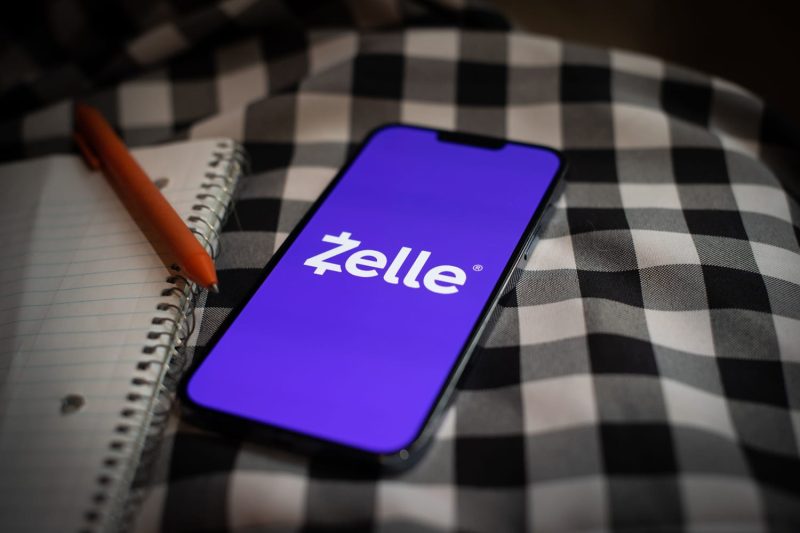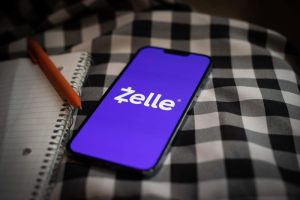Chase Bank is referring check fraud ‘glitch’ incidents to authorities
Chase Bank said it was reviewing incidents of individuals who may have participated in an online check fraud ‘glitch’ trend and referring them to law enforcement authorities.
Last weekend, social media saw millions of users engaging with posts suggesting an error at the bank was causing ATM machines to give users unlimited cash.
In fact, the meme was prompting users to commit check fraud by requesting cash they didn’t have after depositing a phony check for the amount they were seeking.
Within 24 hours, after the suspicious activity was discovered, users reported having their bank accounts blocked.
“As with any fraud-related issue, we review internally and refer to law enforcement as appropriate,’ a Chase spokesperson said in a statement. ‘Regardless of what you see online, depositing a fraudulent check and withdrawing the funds from your account is fraud, plain and simple.”
The latest development was first reported by The Wall Street Journal, which said the bank was reviewing ‘thousands’ of incidents. NBC News could not independently confirm the figure.
The Journal also reported there was actually a technical error that allowed customers to withdraw the full amount of the funds they requested via check — rather than the usual case of only a partial amount — before it had cleared.
A source familiar with the matter confirmed there was an error that was eventually fixed.
It is not clear how the ‘glitch’ trend began, but by last Saturday, the meme had exploded onto TikTok, where some people filmed themselves bragging about their seemingly newfound riches.
Criminal statutes on the severity of punishment for instances of check fraud vary by state. In California, misdemeanor check fraud charges can carry a one-year prison term plus financial penalties. In New York, misdemeanor check fraud can entail up to three months in jail and a fine.
But the charges can be stiffer depending on the amount of funds implicated in the incident and the individual’s criminal history.













